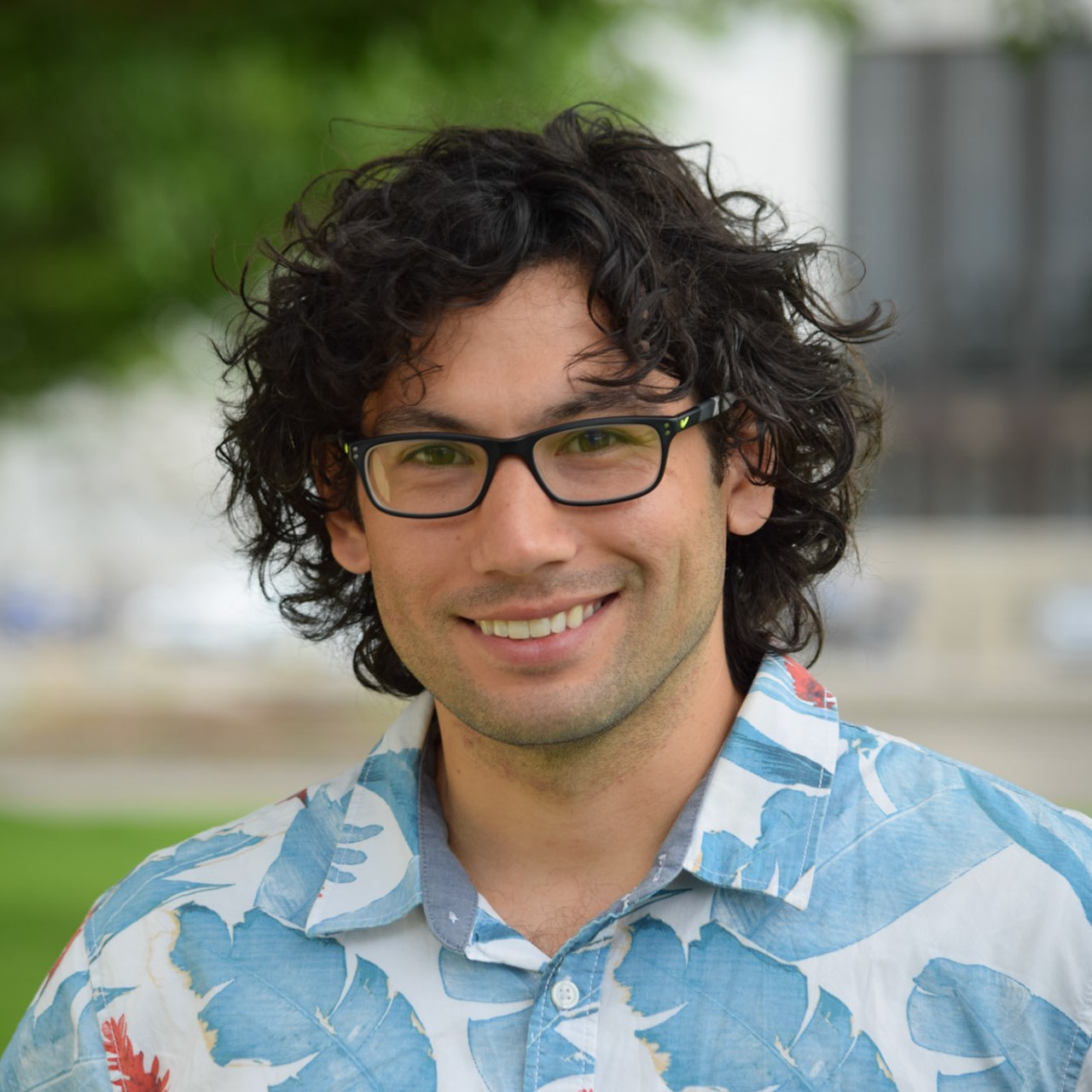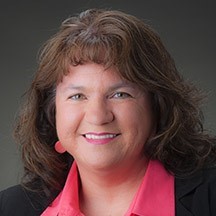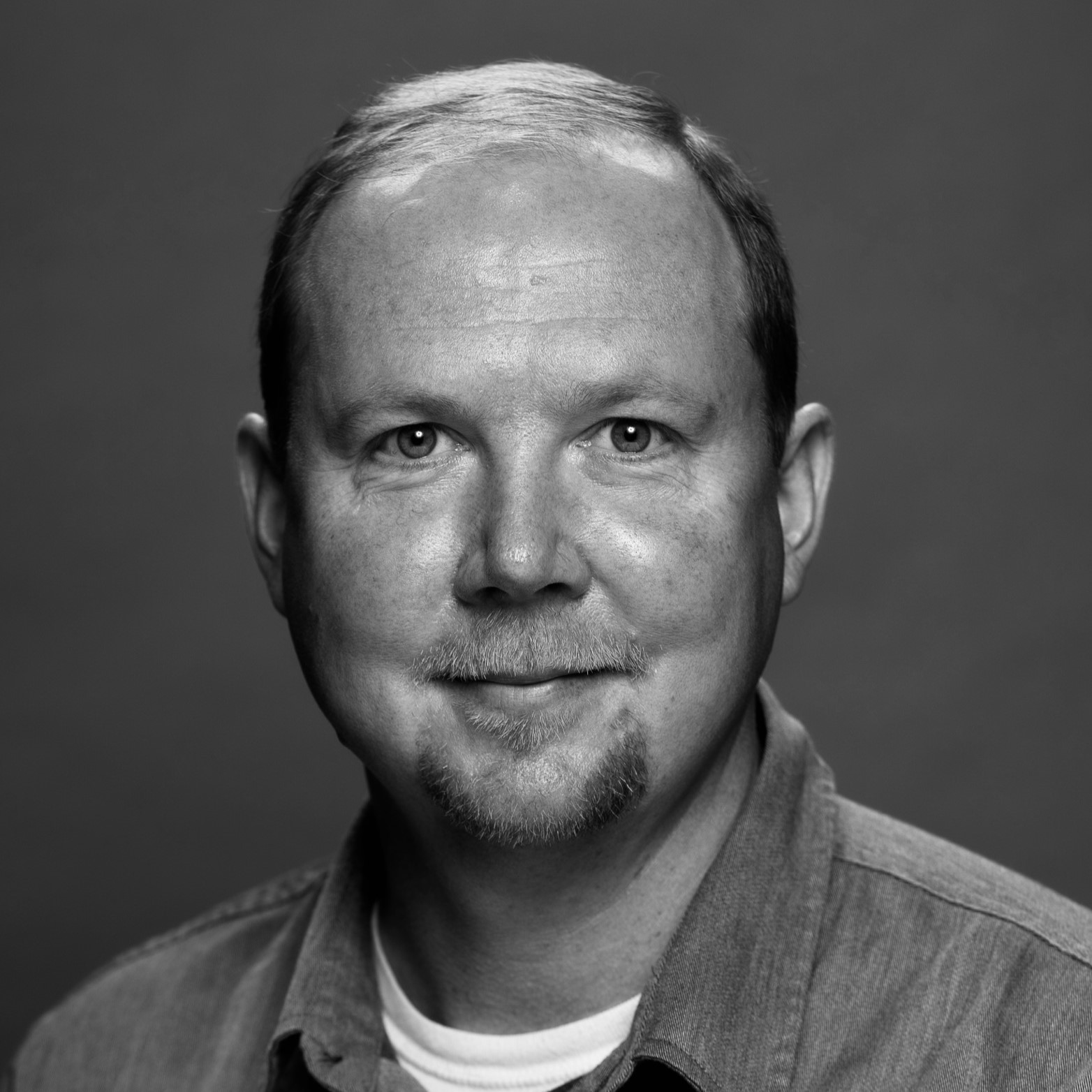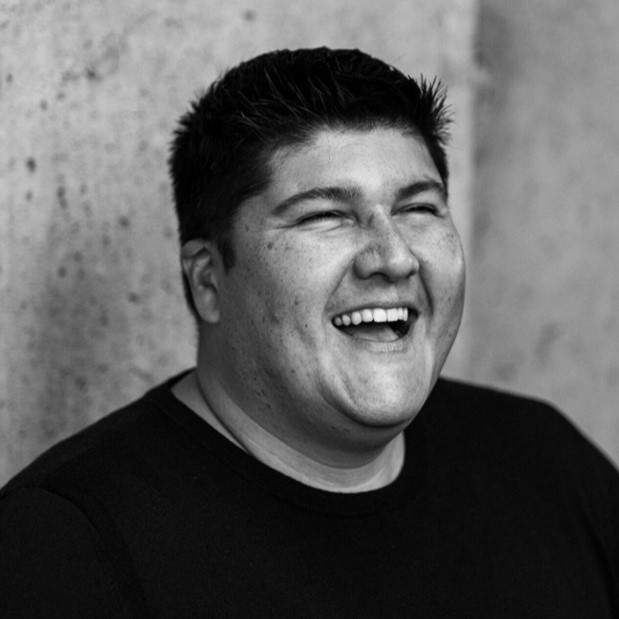- About Us
- Events & Training
- Professional Development
- Sponsorship
- Get Involved
- Resources
Building Resilient and Just Communities Together: Relational Worldview in Indigenous Planning
Session 3B | Wednesday | 4:15 PM – 5:30 PM (PT)
Planning for generational resilience today requires planners to span boundaries. A core part of this is building meaningful relationships informed by a relational worldview. Emphasizing environmental justice in planning involves collaboration that transcends jurisdictional boundaries and values relationship-building with Tribal Nations and Indigenous communities. Engagement and acknowledgment are not enough. The session highlights the unique challenges faced by Indigenous communities in planning, such as Tribal sovereignty and the impact of Federal policies. Discussions will focus on communication of cultural worldview, values, sovereignty protection, increasing community resilience, and preserving access to cultural resources. The meeting aims to facilitate collaboration among practitioners, planners, researchers, Tribes, and Indigenous organizations to address environmental change collectively and invites planning students to participate for a better understanding of Indigenous planning. Recognizing the rights of Indigenous peoples is fundamental in building resilient and just communities in Washington State.
 James P Miller, NCARB, RA James P Miller, NCARB, RAUrban & Environmental Planning & Policy, Wester Washington University
James Miller is an associate professor of comparative Indigenous studies in urban & environmental planning & policy at Western Washington University. His work explores the role of Indigenous design knowledge in creating Indigenous futures. He runs a design lab, ’Ike Honua, centering Indigenous knowledge for building resilient communities through architectural and planning frameworks.
 Margo Hill Margo HillEastern Washington University
Margo Hill, JD, MURP, is a Spokane Tribal member and grew up on the Spokane Indian reservation. Dr. Hill served as the Spokane Tribal Attorney for 10+ years and as a Coeur Alene Tribal Court Judge. Ms. Hill earned her Juris Doctorate from Gonzaga School of Law and her Master of Urban and Regional Planning from Eastern Washington University. Her Bachelor's degree is in Political Science from the University of Washington. Margo Hill is a professor of Urban Planning at Eastern Washington University where she teaches Planning Law and Legislation, Administrative Law, Community Development, Tribal Planning classes, and American Indian Law. Hill is the Director of American Indian Studies. Margo Hill was awarded the Trustees' Medal which is the university's highest form of recognition for faculty achievement.  Ben Lubbers Ben Lubbers
Associate Planner III, Tulalip Tribes
Ben Lubbers has worked for the Tulalip Tribes as an Associate Planner for 8 years. He graduated from the University of Oregon with a Master’s Degree in Community and Regional Planning. While working with the Network of Oregon Watershed Councils he gained experience working with a variety of land use interest groups, tribes, and non-profit organizations. As a community college professor at Northwest Indian College, he gained additional experience working in Indian Country before accepting a job at the Tulalip Tribes. As an Associate Planner for Tulalip, Ben has worked to further the Tulalip Tribes' mission and vision. Specifically, he has helped develop and update Tulalip’s land use code and comprehensive plan in order to meet the needs of tribal members while also protecting the health, welfare, and natural resources on the Tulalip Reservation.  Tim Lehman Tim LehmanIndigenous Planning Strategist, City of Seattle
Tim is an Urban Planner and Landscape Designer who is passionate about community development. He enjoys being in the field working with residents to help better their communities. His goals are to help create a community's residents can be proud of and to strengthen his own skills while working with these communities. Whether it is work dealing with Planning/Urban Design or Landscape Design, he uses his skills to help create healthy and sustainable communities. Tim is an activist for Native American Indigenous rights, culture, and practices which has taken me down a path that looks to incorporate indigineity into the plans and designs that he helps create. He has experience in international travel associated with rural/urban planning and landscape architecture in communities that have been neglected.
|

